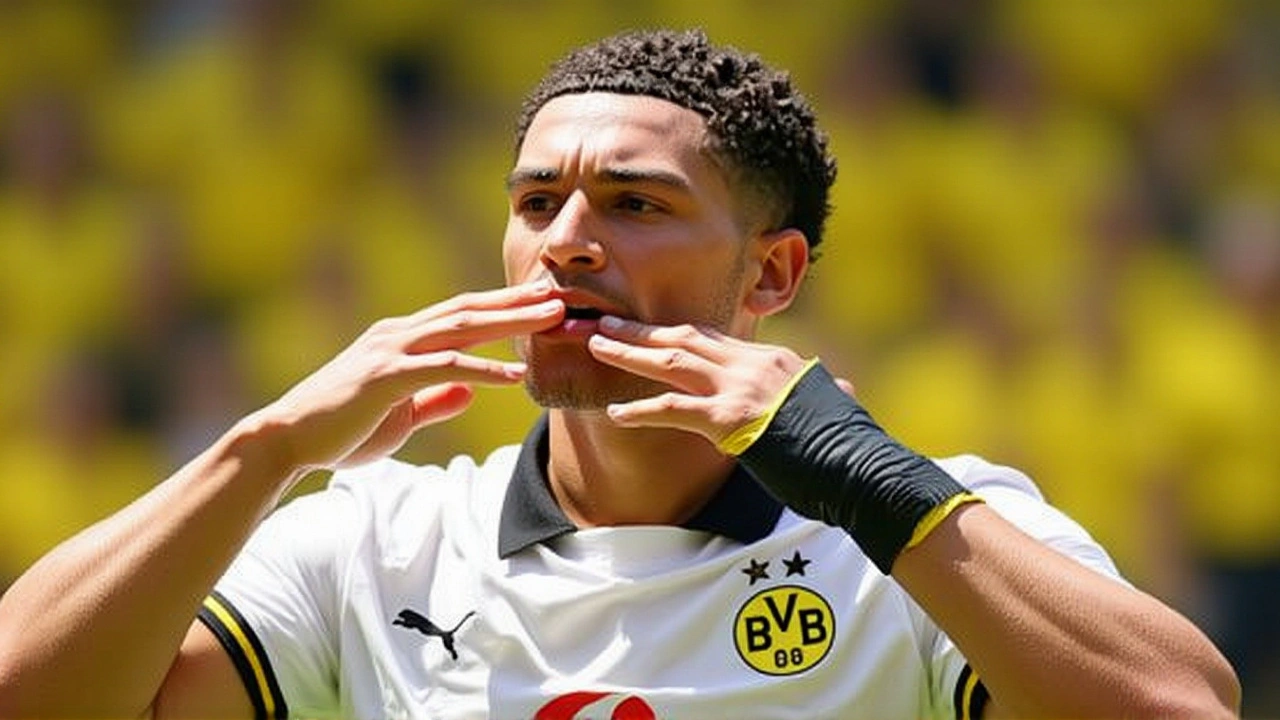TQL Stadium – All About the Venue and Its Stories
When talking about TQL Stadium, the Kansas City baseball park that hosts the Royals and carries a major corporate naming deal, also known as Kansas City’s premier MLB venue, you’re really looking at a hub where sports, business and community intersect. The stadium’s stadium naming rights, the contract that lets a company brand the arena in exchange for cash and marketing boost drive a lot of the financial story, while the Kansas City Royals, the Major League Baseball team that calls the park home bring the on‑field excitement fans crave. Together, these elements show how a modern venue isn’t just concrete and seats – it’s a platform for revenue, fan experience and city pride.
Why TQL Stadium Matters
First, the naming rights deal (stadium naming rights) isn’t just a logo on a sign; it’s a trigger for new revenue streams that fund upgrades, improve grass quality, and keep ticket prices reasonable. Second, the venue’s design and management demand robust fan safety plans – from crowd‑control routes to emergency communication – because a safe experience keeps supporters coming back. Third, the Royals’ presence adds a cultural layer, turning game days into community festivals that boost local businesses. In short, TQL Stadium encompasses commercial strategy, safety logistics, and sports culture, all of which shape the local economy.
Fans often wonder how a stadium balances profit with protection. The answer lies in coordinated planning: security teams work with city police, ticketing platforms enforce entry timing, and stadium staff run drills that mirror real emergencies. This safety net is a direct result of the venue’s high‑profile status – a big name like TQL draws attention, so the venue must meet higher standards. Because of that, the stadium’s safety protocols influence how other venues across the MLB handle crowds, creating a ripple effect in the sports industry.
Beyond safety, naming rights also affect community perception. When a local company secures a deal, residents feel a sense of ownership; when an out‑of‑state brand steps in, there can be pushback. Those dynamics play out in the media, with articles debating the balance between money and identity. The discussion mirrors other stadium stories you might have read about – think of clubs in Europe rolling out safety guides for fans travelling abroad or venues canceling themed attractions over public concern. All of these reflect the broader conversation about how sports spaces interact with society.
The TQL Stadium tag on our site pulls together posts that touch on these themes. You’ll find pieces on fan safety strategies for big games, analyses of naming‑rights agreements, and stories about how clubs manage community expectations. Whether it’s a report on a property sale near a historic venue or a guide for supporters attending an overseas match, each article adds a piece to the puzzle of what makes a modern stadium tick.
So, if you’re curious about the business side of stadiums, the safety measures that keep crowds secure, or how a baseball team can become a city’s rallying point, you’re in the right place. Below you’ll see a curated mix of news, insights and expert takes that shed light on the many layers of TQL Stadium and similar venues.
Ready to dig deeper? Scroll down and explore the collection of stories that break down everything from naming‑rights negotiations to fan‑experience enhancements – all centered around the vibrant world of TQL Stadium.
Jobe Bellingham Stars as Dortmund Wins Thriller at Club World Cup
- Kellan Hartford
- October 9, 2025
- 0 Comments
Jobe Bellingham scores his first Dortmund goal, earning Man of the Match as the club beats Mamelodi Sundowns 4‑3 at the 2025 FIFA Club World Cup.
read more